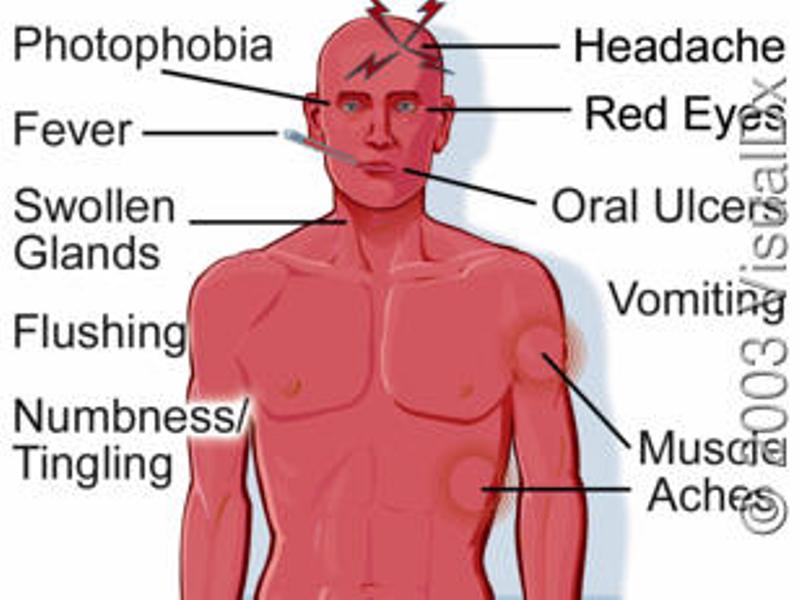-
Says hand washing, efficient way of preventing spread
An International Medical Organisation, Médecins Sans Frontières/Doctors Without Borders, MSF, has raised the alarm over the rising cases of Lassa fever in Ebonyi.
The Organization called on communities to take measures especially hand washing to prevent and control the spread in the State.
According to a Vanguard report, MSF Project Coordinator, Mr. Elton Mbofana, while addressing journalists in Abakaliki, noted that prevention and early detection of Lassa fever were key factors that would ensure that lives are saved.
He said: “Hand washing is the most important way of preventing and controlling the spread of the virus causing Lassa fever. Wash your hands several times a day, especially before and after cooking, eating.”
“Also, by detecting the disease early, and taking preventive hygiene measures such as ensuring houses are free of rats, many people’s lives can be saved. Early diagnosis and treatment can radically increase people’s chances of survival.
“Lassa fever is a contagious disease spread through contact with infected rats and through uncovered food contaminated with rat faeces or urine. Symptoms include fever, headache, sore throat, general body weakness, cough, nausea, vomiting, diarrhoea, muscle pain, chest pain and, in severe cases, unexplained bleeding from the ears, eyes, nose, mouth and other parts of the body.
“The time between infection and the appearance of symptoms ranges from three to 21 days. Lassa fever infects around 300,000 people in West Africa each year and causes around 5,000 deaths, with most cases in Nigeria occurring during the dry season from December to March.
“Healthcare workers are most at risk of catching the disease. The major risk for them is contracting the disease while treating a patient with Lassa fever, due to a lack of personal protective equipment and sub-optimal infection prevention and control measures. Healthcare workers must be protected, not only for their own wellbeing, but also to prevent their absence from having an impact on the health system.”
In his contribution, MSF project medical referent, Dr Slaymen Ammar added that “the cost of treatment needs to be subsidized to ensure that everyone has early access to care.”
He called on “Nigerian health authorities to improve funding, so that the treatment of Lassa fever will remain free of charge and so that staff in health facilities can implement effective infection prevention and control measures.
“In addition, reducing the concentration of rodents through good waste management and food storage practices can also cut Lassa fever transmission and prevalence.”

